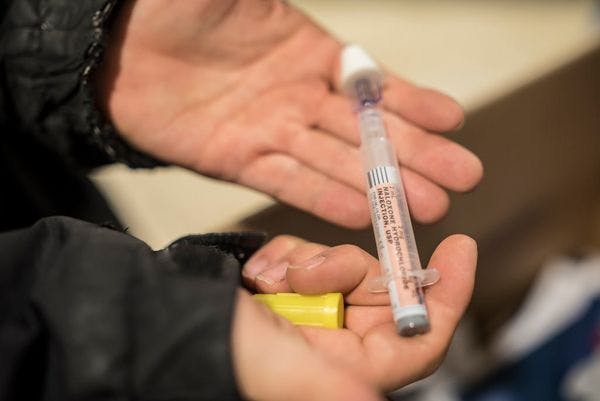Flickr CC VCU CNS
Public health experts call for retraction of Brookings Institution opioid “research roundup”
By Sarah Beller
An article published December 7 by the Brookings Institution, a prominent Washington, DC think tank, is under fire for promoting the idea that harm reduction approaches—like syringe exchange and naloxone—may encourage “riskier opioid use” and increase rates of opioid-related deaths.
The focus of the criticism is the choice of which articles to cite—and which not to cite—by the authors of the Institution’s “research roundup.” The paper was written by Jennifer L. Doleac, an associate professor of Economics at Texas A&M University, Anita Mukherjee, an assistant professor of Risk and insurance at the University of Wisconsin-Madison, and Molly Schnell, a postdoctoral Fellow at the Stanford Institute for Economic Policy Research.
“New work by Packham and Wells (2018) suggests that syringe exchange programs—a staple of harm-reduction efforts—reduce HIV rates as intended but unintentionally increase opioid-related mortality by making it easier, cheaper, and safer to use heroin” the authors state.
But as many readers pointed out, the Packham and Wells article is a working paper—meaning it has not yet been subjected to peer review, nor published in any journal. The authors simultaneously don’t cite decades of existing peer-reviewed studies that show syringe exchange programs do not increase mortality rates.
